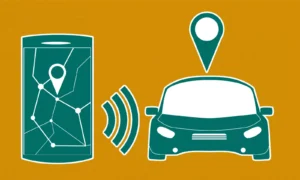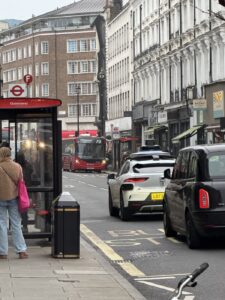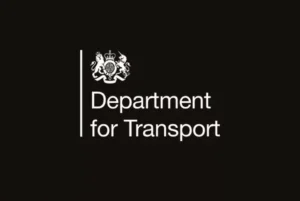The government has issued a report suggesting that the connected and autonomous vehicle market could be worth £41.7 billion by 2035.
A report announced by Transport Minister Rachel Maclean forecasts that in 2035, 40% of new UK car sales could have self-driving capabilities, with a total market value of £41.7 billion, which the government says is “setting the future of self-driving vehicles further within Great Britain’s grasp”.
It says this could in turn create nearly 40,000 skilled jobs in the CAV technology area, strengthening the UK economy and reinforcing this government’s commitment to building back greener and stronger.
The report was carried out by researchers at the Connected Places Catapult, Element Energy and Cambridge Econometrics.
Rachel Maclean said, “The investment in and development of CAVs could truly transform the way people and goods are transported, with innovation like this at the heart of our ambition to build back better.
“We’re on the cusp of a driving revolution. Not only could this tech unlock vast opportunities for the UK economy and jobs market, it could significantly improve the safety and efficiency of how we travel over the coming decades.”
Since 2015, government says it has worked to make the UK one of the best places in the world to develop and deploy CAV technology, investing £200 million into CAV research and development (R&D), helping British start-ups develop their tech for use both in the UK and internationally.
It points to UK start-ups that have received government R&D support, including Five and Oxbotica, have gone on to successfully raise tens of millions of dollars in private investment, competing internationally with some of the world’s largest self-driving vehicle companies.
In 2020, Oxbotica launched Project Endeavour, which will be running highly automated trials in Oxford, London and Birmingham. The project will demonstrate automated driving in a variety of urban and city environments and will develop models with local authorities and communities to help them prepare for the future launch of automated vehicle services.
Several government-backed CAV trials have also successfully demonstrated world-leading capabilities in recent years, such as the Streetwise project in London in 2019, which saw self-driving vehicles carrying commuters to and from work.
The government adds that its “ambition to make the UK the best place in the world to deploy CAVs” is also being realised through work to update UK law and regulations to make sure that the technology can be safely used on UK roads. In August 2020, government announced a consultation to enable the use of Automated Lane Keeping Systems – an early form of automation in vehicles – on UK roads as early as this year. The response to this consultation is set to be published in early 2021.
Nicola Yates, CEO of Connected Places Catapult, added, “CAV technologies have the potential to revolutionise transport. Designed in the right way, a system of connected autonomous vehicles could make our transport network more accessible, safer, more efficient and better for the environment. Connected Places Catapult has been pleased to partner with stakeholders across government, industry and academia over several years to make sure that the UK is one of the best places in the world for CAV development. This new report, developed in partnership with Element Energy and Cambridge Econometrics, shines a light on the economic opportunities for a UK CAV industry.”
(Picture – gov.uk)
























